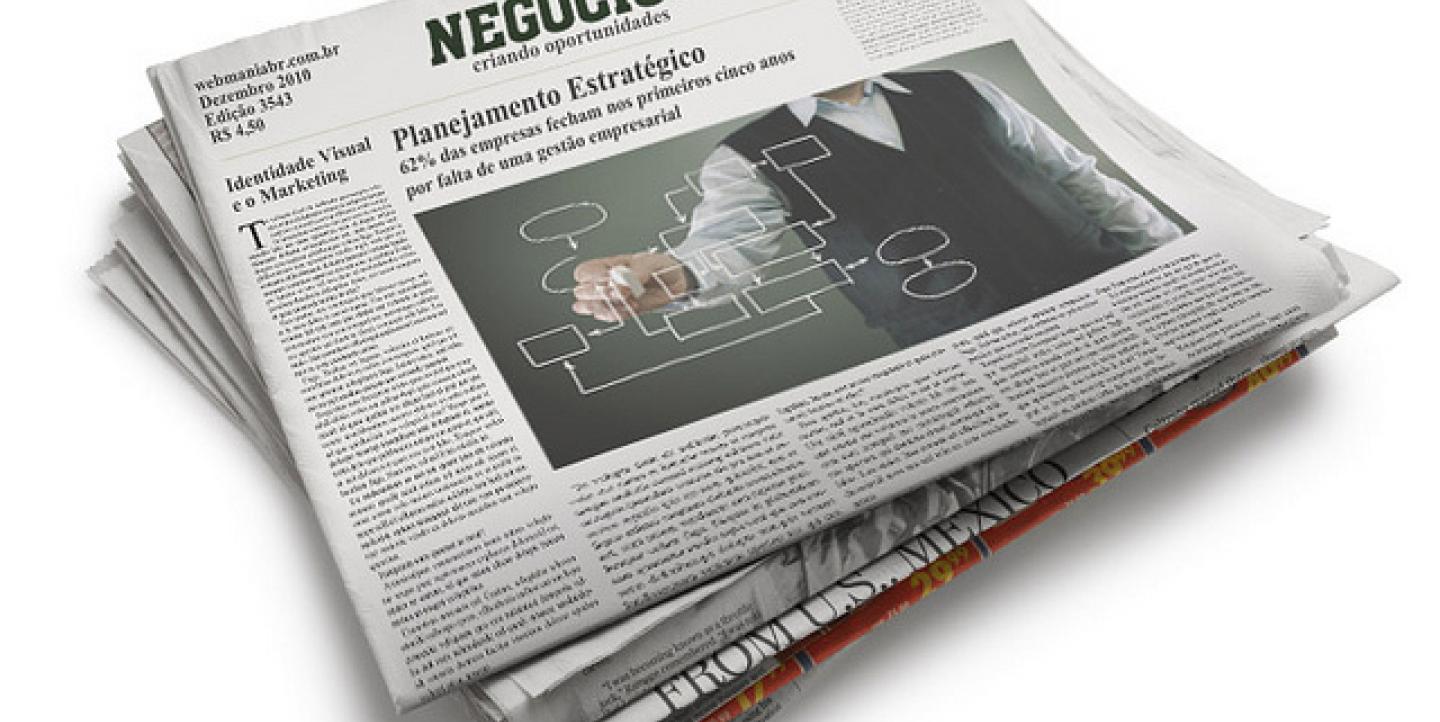As Europe's economic crisis deepens, journalists covering the area are challenged to analyze, interpret, and above all, predict what will happen.
"Journalism is a service to society. Journalists have to counter to political and economic powers and provide citizens with information to make democratic and freedom decisions," said Ramon Salaverría, professor of online journalism at the University of Navarra,
He believes journalists are missing the mark, failing to analyze undercurrents that tell a more accurate story.
- IJNet: What do you think about the coverage of European media on the economic crisis?
- Ramon Salaverría: Here (in Europe) we're not used to this kind of crisis. It caught us a bit off guard - society as a whole and the media.
Perhaps journalists didn't have much previous experience with the challenges posed by a situation of this magnitude. Just take a look at newspapers, radio and television - for months that's all people have written about.
My regret is more about what was not done before it hit and what isn't being done now.
What did not happen before the crisis? Predicting it. There should have been some foreshadowing that this would happen. Instead, journalists let themselves be guided by the statements of politicians and bankers who said everything was fine...How could this have happened "overnight?" Someone failed and I think journalists have a responsibility in this failure.
I'm generalizing, there are some journalists who have done their job very well. Most journalists, however, are too focused on what's happening now. They're not looking or stopping to look at what may happen weeks, months and years ahead. They should try to further analyze the undercurrents, rather than relying on what the politicians and bankers are saying today.
- IJNet: So what's missing is context or analysis...
- RS: These kinds of things can never be provided by a digital algorithm. A digital algorithm, a search engine, Google News, will tell you the latest thing that has happened. You read that and think it's enough. But it's one thing is to have access to the latest news and another thing to understand it. That's why I think that journalists are more necessary now than ever.
The mission of journalists is providing citizens with information so they can make democratic and informed decisions. So the average person can say: ‘I want to take my savings out of that bank.' Or not. And understand that maybe there's no reason for alarm.
- IJNet: You say there's too much information without context. Is more curation necessary?
- RS: Yes, but I'm not attracted to the word ‘curator.' It works very well in English, but here in Spain it still sounds strange. I like the word interpreter. Because interpretation also implies hierarchy. When one is an interpreter of information, that person sifts the relevant from secondary facts...

